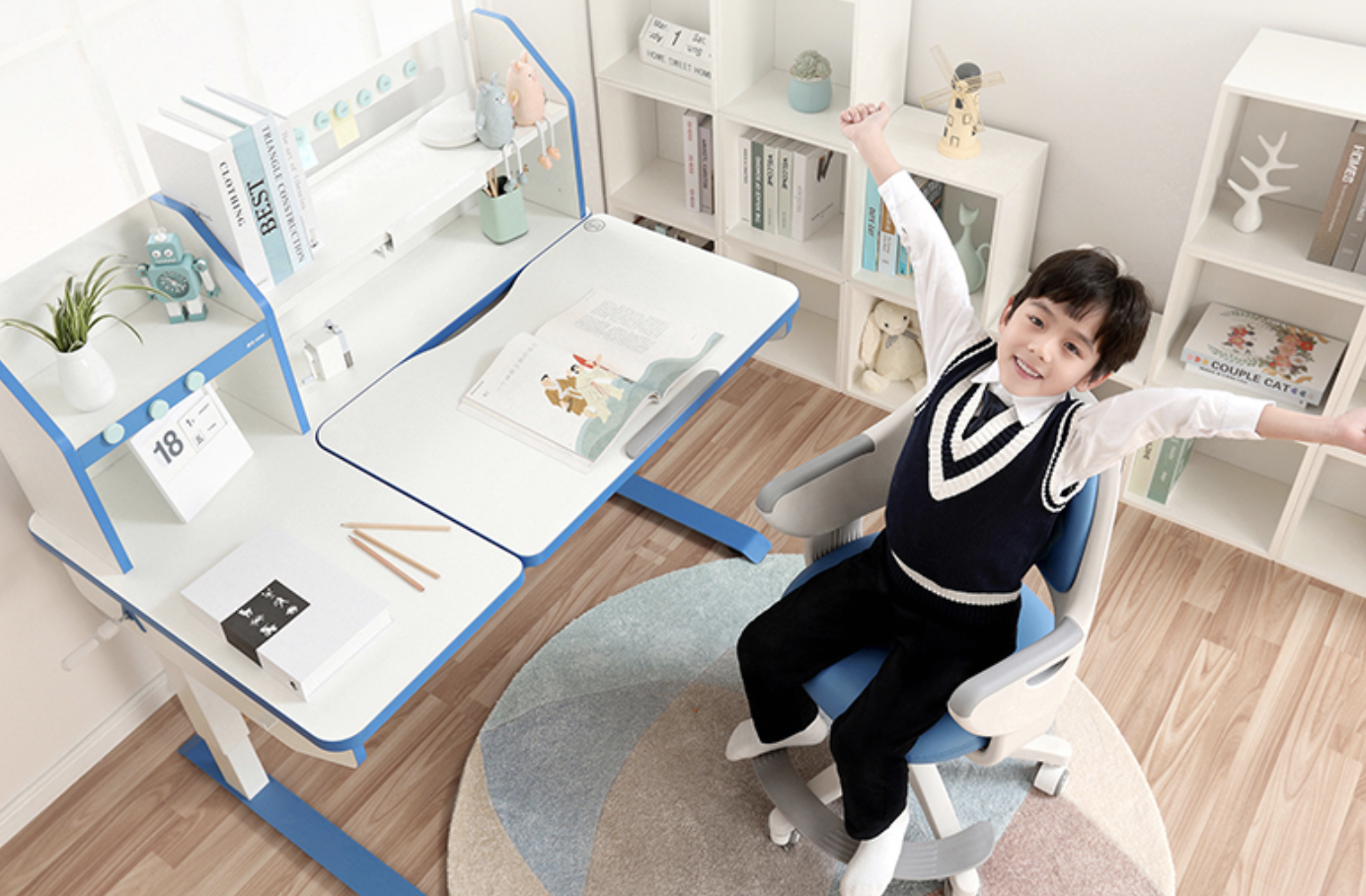
In the light of this Covid-19 Circuit-breaker measures like introduction of home based learning, many workplaces and schools are closed, parents and children are forced under one roof.
In order not to let their children miss out on education, most parents have taken coaching into their own hands. Suddenly, it seems that teaching isn’t that daunting and in fact, some parents may find it rewarding and satisfying to contribute progress in their child’s learning.
If you are a parent considering homeschooling for your child in the long run, you may have also found articles about “unschooling.” Some believe that unschooling and homeschooling are the same because it doesn’t involve traditional schools.
However, there is actually a difference between these two and it is important to understand the concept if you plan to homeschool your child.
What is Homeschooling?
Homeschooling simply means that a student moves their education from a traditional school system to a home-based system. Students will be taught at home by either their parents or a qualified homeschool teacher or tutor.
Students have the option to choose which school curriculum they wish to follow like Singapore Math introduced here.
To ensure that students don’t miss out on socialisation, most students will do home based projects with other homeschool children in their area. The homeschool community in Singapore are active and close-knitted group which you can find them here.
What is Unschooling?
Unschooling, meanwhile, is a special type of homeschooling that varies on how the student will learn outside a traditional school system.
In unschooling, the learner themselves determines how education should be done. The facilitator (usually the main caregiver or a parent) will follow the student’s response on how they want their studies to be done and what kind of lessons they wish to pursue.
Considering the factors that involves unschooling, one may say it is a different kind of education all together since they have a few similarities from traditional learning.

Differences between unschool and homeschool
While some may say that homeschool and unschool are the same, there are three major points that differentiate it from the other.
1) Curriculum-based vs Interest-based
In traditional homeschooling, students can opt to follow any curriculum set by a school or the government. This will allow the student to keep up with their peers studying in traditional schools and be able to take the same exams.
It will also permit them to adapt to traditional schools easily if they opt to leave homeschooling. The teacher will be given all the resources that will be needed for these classes.
Meanwhile, unschooling focuses on what the student’s interests are and where they are strong at. The student can select the classes they want to do without worrying about exam schedules.
Since there is no set curriculum for these classes, the facilitator will be able to use all sorts of learning resources that will fit the interest of the student.
2) Structured vs free flowing
Since traditional homeschooling uses a curriculum for its lessons, students have to follow the lessons as prescribed.
They cannot skip a lesson and the lessons focus on the core subjects like science, math and languages. Interest-based topics and subjects like art and music are on lesser priority.
Meanwhile, in unschooling, students can focus more on the subjects they are interested in. They can study it for as long as they like and when they want to pursue them. They can also skip if they wish to do so.
For example, if a child has no interest in geography, he won’t be taught in geography. Whereas in a traditional school or homeschooling setting, the subject is still required to be taught in order to follow the structured curriculum. The big difference is that homeschoolers can choose to allocate less learning time on the subject while you do not have a choice in traditional school.
3) Learning Milestones vs Free-style Learning
Homeschoolers will need to take exams and complete worksheets to see how far they have reached in their classes. If they are unable to do so, they will be asked to backtrack and complete it before they can move to their next lessons.
Each subject are taught in a more structured way using textbooks and allocated time frame.
Meanwhile, students in unschooling are not required to meet certain milestones to see how much they have learned. The student is allowed to reach their goals when they want to and they are expected to learn how to think independently which are important life skills like the ones we listed here.
Their subjects are mixed together and they do not have a fixed time or location to sit down and have lessons.
For example, a homeschooler may put aside one hour for English, one hour for Math and one hour for Science everyday. But, for an unschooler, he may just do two hours of learning whatever interests him like helping dad to put together an IKEA furniture (eye-hand coordination skills, math and physics). The unschooler may later look up IKEA on the internet to learn more on the company’s history and foundation if it interest him.

Some similarities between unschooling and homeschooling
Despite their differences, there are certain similarities to unschooling and homeschooling that you may like to know.
Value of the Interest of Students
First, they both value the interests of students who will be taking on these classes. In homeschooling, the curriculum the student can follow can focus on the child’s academic strengths rather than on their weaknesses. In unschooling, the student will be the one to determine what they want to study and how fast it will go.
Quality Parenting Time
Both education methods will also improve the relationship of both children and parents, especially if the parents will be the one to take over their child’s education. In order for the setup to work, parents must be open to the child’s opinions and adjust the lectures to the child’s learning speed and style. All parties will also be more open in reaching out to one another to make the lessons a success.
Freedom
Both will also provide the freedom for students when it comes to how long their school year should be and avoid any delays in their classes because of school closures and natural events.
Studying at home cuts away unnecessary commute time and your child does not need to wake up at 6am in order to get to school on time. They do not have to dedicate half a day in school as most homeschoolers believe that once the daily milestones are achieved, the child can do whatever he pleases.
What is Radical Unschooling?
If you are leaning towards unschooling, you may have read something about radical unschooling. Some parents and experts see this type of unschooling to be too lax on how parents should be with their children when it comes to their studies and daily routines.
However, in this type of unschooling, the teaching parents will not only work with the student in their academic pursuits, but also in their daily routine. It is the hope of radical unschooling that children are able to touch their inner wisdom and channel it naturally despite what the world thinks about them.
A good example is that a radical unschooler will not follow a fixed bedtime or meal time, their children will sleep whenever they feel tired and eat whenever they are hungry.
Conclusion
You don’t have to choose! The beauty of homeschooling or unschooling is that you can choose to do a mix of both or do one type before deciding if it suits your child and if it doesn’t switch or swap for a different curriculum. You can even decide if you want to be the teacher full-time, split teaching duties with your spouse or get external help from a professional like us.
Just remember every child flourishes differently depending on the type of education they are getting.
For more on homeschooling, here are some articles:
The Pros and Cons of Homeschooling in Singapore
Homeschooling As An Option
